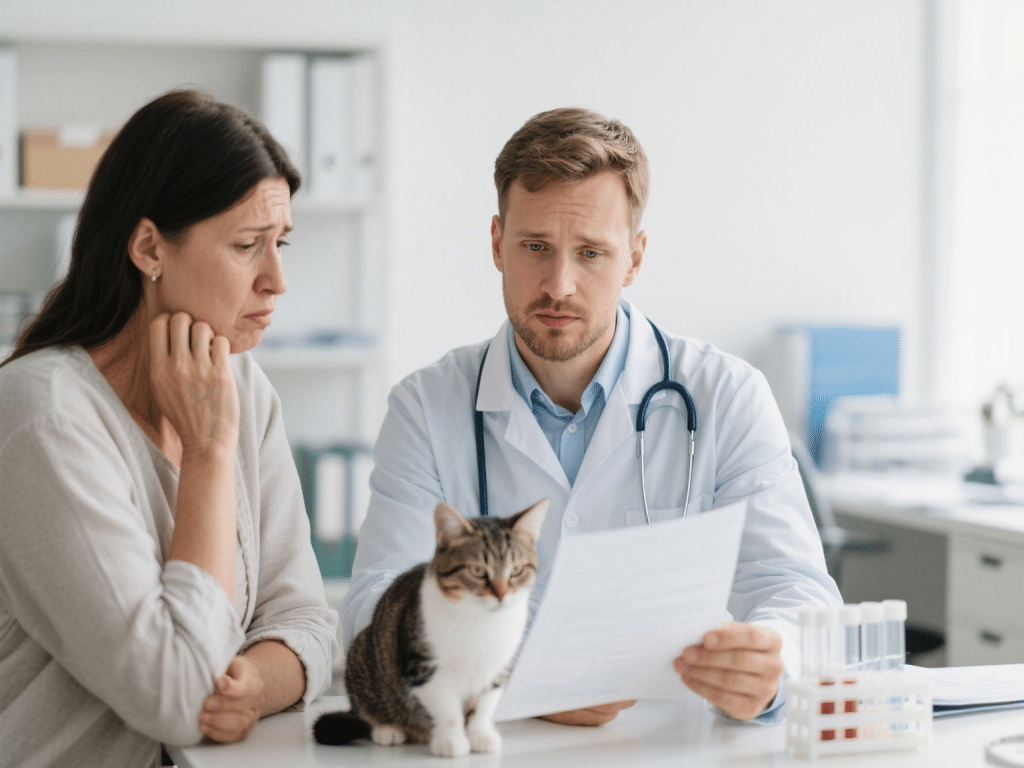
Chronic kidney disease (CKD) affects up to one in three senior cats. As a long-time feline-health columnist and volunteer at animal shelters, I’ve seen how early recognition can slow CKD progression and enhance quality of life. Here’s a detailed guide to spotting early warning signs and taking proactive steps.
1. Increased Thirst and Urination
A cat drinking more water and visiting the litter box frequently often indicates declining kidney function. Measure water intake with a marked bowl; note any 24-hour increases over 50%.
2. Weight Loss and Muscle Wasting
Loss of appetite leads to gradual weight drop. Feel for ribs and spine prominence. Record monthly weights to detect subtle trends.
3. Dull Coat and Poor Grooming
Toxin buildup makes grooming uncomfortable. A matted or greasy coat may signal that your cat is feeling unwell. Brush gently to stimulate circulation and bond.
4. Lethargy and Hiding
CKD cats may nap more and avoid play. Provide accessible resting spots and gentle encouragement for short, playful interactions.
5. Bad Breath and Oral Ulcers
Uremic toxins cause halitosis and mouth sores. Regular dental cleanings and soft-food options can ease discomfort.
6. Lab Testing for Confirmation
Blood tests (creatinine, BUN) and urinalysis confirm CKD. I collaborate with feline-specialty clinics to ensure accurate staging and tailored treatment plans.
7. Dietary Management
Prescription renal diets reduce protein and phosphorus load. Gradually transition over seven days, mixing with familiar food to maintain appetite.
8. Hydration Support
Subcutaneous fluid therapy at home can boost hydration. I offer tutorials on safe, stress-free fluid administration—most owners master it within two visits.
9. Phosphate Binders and Supplements
Medications like aluminum hydroxide bind phosphate and protect kidney function. Probiotics also support gut health and toxin removal.
10. Emotional Care and Monitoring
Offer frequent, small meals and maintain a stress-free environment. Keep a daily journal of appetite, litter-box habits, and behavior changes to share with your veterinarian.
By recognizing these early signs and acting swiftly, you can slow CKD progression and help your cat enjoy comfortable senior years. Consistent monitoring, veterinary collaboration, and tailored home care form the trifecta of effective management.

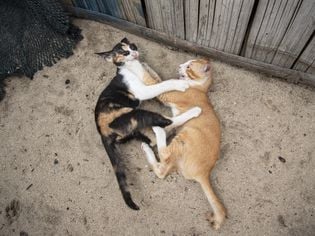
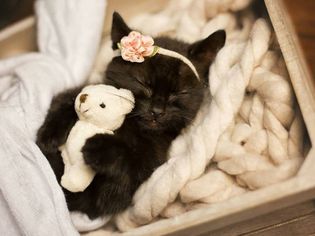
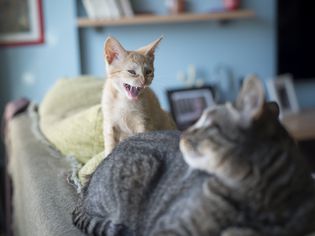


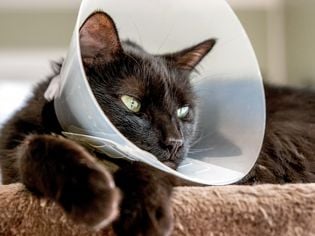
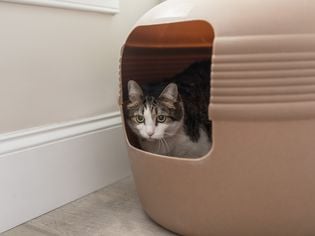
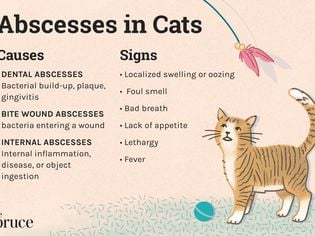
Comments on " Recognizing Early Signs of Feline Kidney Disease" :